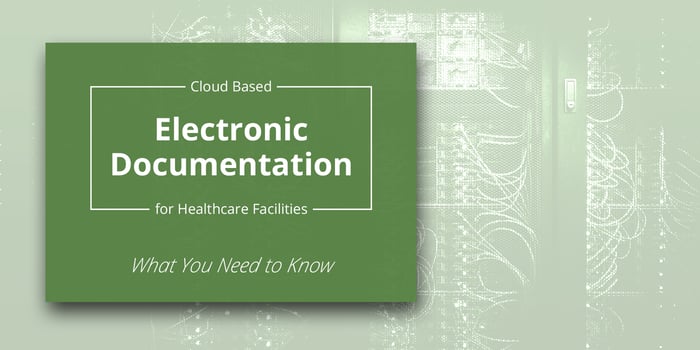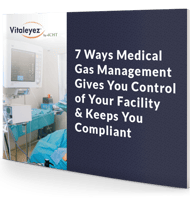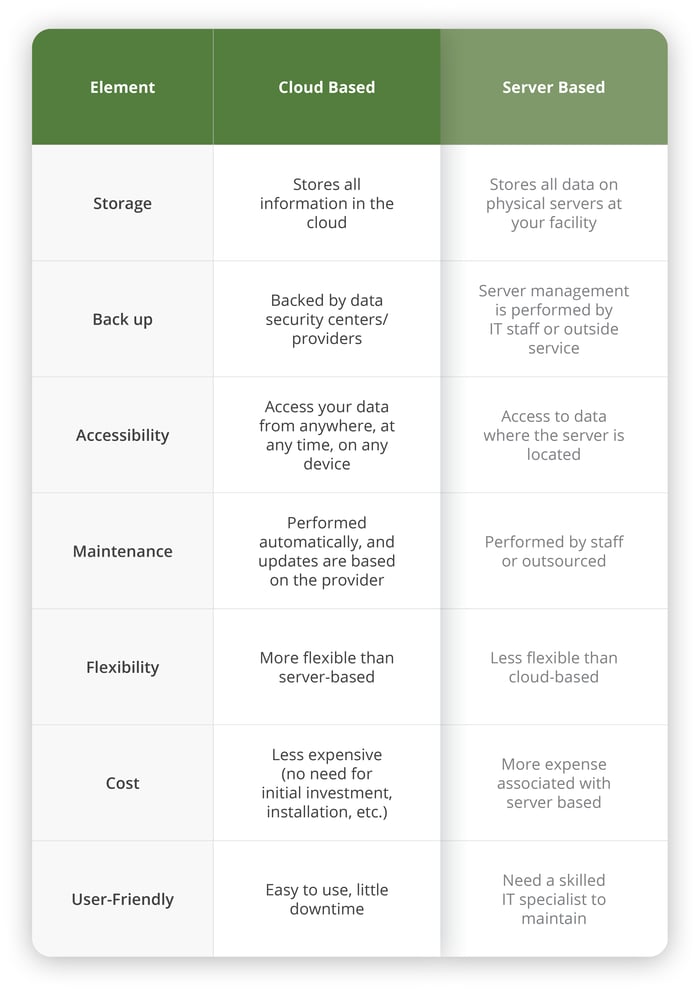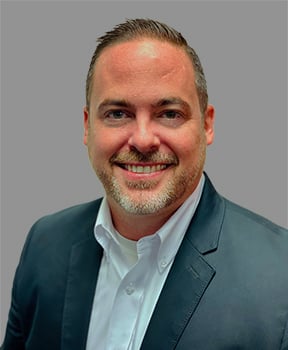
As healthcare facility managers, you have to leverage real-time data to make informed decisions to ensure compliance and become more impactful leaders.
But the problem lies in when you have to pull stacks of paper which is (was) the standard method when showing compliance for a medical gas systems program.
One can see how this paper-based process is an invitation for inefficiency, lost time, and potential error. Nowhere is this more likely than in multi-site healthcare systems, with facilities spread across a city or even a broad geographic region.
Traditional testing, with its reams of paper, has proved insufficient. It’s a slow, tedious process overflowing with the potential for mistakes and inconsistency.
Read what K2 Enterprises and the International Data Corporation (IDC) say about paper statistics, especially in the healthcare industry...
Statistics reveal that the number of pages consumed in U.S. offices is increasing at a startling rate of 20% per year (K2 Enterprises). Additional research indicates that the healthcare industry spends twice as much time with paper than any other industry (IDC). [source]
At CHT, we believe every second counts, and you shouldn’t waste time managing your documentation. We want your medical gas management automated, accessible anywhere or anytime, so you can make those critical decisions.
If you want to ditch the outdated binder system, get instant reporting visibility, save money on repairs, and make data-driven decisions faster...
Keep reading.

Server or Cloud-Based Technology: Best Choice for Your Healthcare Facility
We've heard the terms, and we know there are differences, but do we know the benefits of each?
Cloud computing is a significant shift from the traditional way we think of IT. Organizations are turning to cloud-based services from a cost perspective, speed, productivity, performance, and more.
A cloud is a type of remote server that you can access via the Internet. You "rent" space in the cloud rather than owning it. A local server is the opposite; you own and have it on-site at your healthcare facility.
Server-based is hosted on a network and is located in your facility. The data is stored and managed within the healthcare facility.
Cloud-based software provides the same functionality.
However, the data is stored outside your facility in the "cloud" and can be accessed remotely through your internet browser or application interface.
Cloud computing can store and access data and programs over the Internet instead of on a hard drive. Because personnel can access it from any device with a web browser and an internet connection, it’s easy for teams to use it in the office or on the go.
Let's take a look at some of their benefits or differences...
Cloud-Based or Server Based Which is Right for Your Facility?

Your organization's needs will determine which is best suited for your facility.
Resource: 5 Ways Cloud Computing is Impacting Healthcare
What You Need to Know About Electronic Documentation
Electronic documentation can be referred to as EHRs (Electronic Health Records) or EMRs (Electronic Medical Records) in healthcare environments. They are used interchangeably.
They are digital versions of the paper charts in an office. However, one takes it a step further. EHRs are built on sharing information with other healthcare providers, such as laboratories and specialists, so they contain information from all the clinicians involved in the patient’s care.
As healthcare facility managers, we are subject to our "own" form of electronic documentation. And let's be clear; an excel sheet doesn't count for the documentation needed.
The old way of managing your data with reams of paper is no longer efficient. In fact, it could be costing your facility time and money. Weak program documentation could result in reduced scoring, resulting in funding loss until your program is brought up to code.
Medical gas management keeps your medical gas data organized and allows you to work your facility more efficiently, with access online from anywhere, so you can instantly obtain critical decision-making data. Having your data readily available at your fingertips will boost your confidence in passing inspections and keep you compliant.
As the various agencies collaborate on their reporting standards and methods, the responsibility of the hospital to identify and maintain equipment is paramount.
Patients come to hospitals to be healed and cured. They expect to be kept safe while they’re there. A critical linchpin to this safety and security is the consistent, dedicated monitoring and testing of a healthcare facility’s medical gas systems.
What can you do to help achieve compliance and keep patients safe?
Improve your facilities' results by enhancing healthcare performance.
Responsible Facility Authority to Maintain the Facility’s Medical Gas Records
Merely having electronic documentation is not enough. Having the ability to utilize your electronic documentation effectively is key to proper management. The 2021 edition of NFPA 99 now requires a qualified, Responsible Facility Authority to maintain the facility’s medical gas records.
Furthermore, there should be more than one individual within the organization able to “drive the bus.” This redundancy is particularly important for large organizations. By having multiple individuals trained and competent in using your electronic documentation, you can rest assured that access and navigation through the system will be achieved even when one individual may not be on-site due to varying shift hours or PTO. This can prove invaluable during unexpected surveys or when access to vital information is necessary during off-hours.
Streamline Your Process and Eliminate Paper Shuffling
CHT is qualified to provide you with a more innovative, easier, and more manageable method of monitoring and testing your medical gas system documentation. And it is for these reasons that we can offer you a rock-solid path, both affordable and straightforward, to Joint Commission Compliance.
We provide a state-of-the-art Medical Gas compliance system Vitaleyez™, that can be operated entirely online.
However,
If you like the confidence of paper reports, the system will generate them for you on demand. Many of our clients have us keep their binders up-to-date so they have less paper lying on their desks.
The Vitaleyez™ program’s asset management module enables virtual reporting of all assets, testing history, and associated deficiencies and corrections. You can drill down through four levels of information, sorting out individual zones and their assets. Dynamic graphs and charts represent how a facility’s program is evolving and improving, making every aspect of managing the medical gas system easy.
In Summary
Every hospital or healthcare system wants to ensure patient safety. This is achieved through the proper design, installation, verification, and maintenance of the facility's medical gas systems.
Inspections and compliance now warrant a higher level of visibility and knowledge in these systems. Only through achieving regulatory immunity can you feel secure that you are both keeping patients safe and keeping your organization free of the time-consuming and costly realities of coming up short during a planned or surprise inspection.
And while technology like the innovative Vitaleyez™ program is an intrinsic part of assuring regulatory immunity, CHT offers much more than that. You’ll get a certified, dedicated team of experts who will work with you as a partner, propelling you toward becoming a world-class leader in healthcare.
To learn more about how CHT’s expertise and experience can help you deliver authentic leadership in your facility (and breeze through your next survey), request a demo of Vitaleyez™.
The precision and sophistication of the program are unparalleled in our industry and are now trusted by numerous hospital facilities and healthcare systems around the country.




